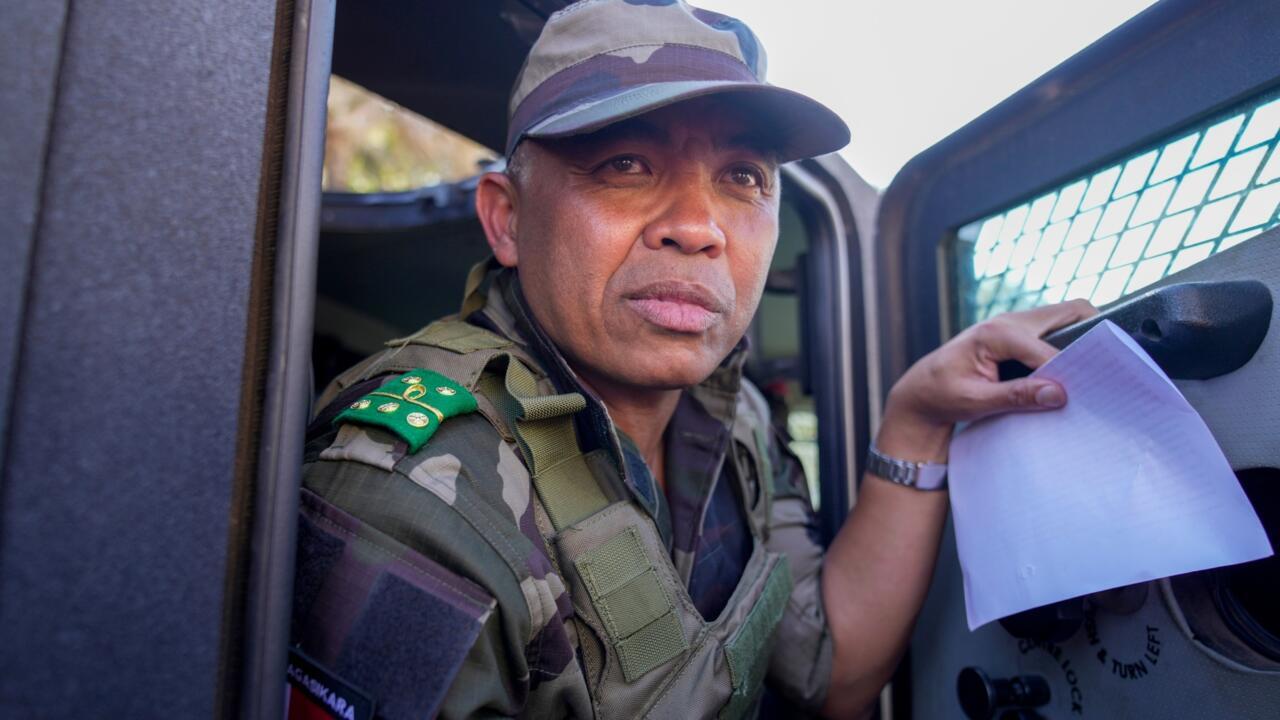Constitutional Revolution in Madagascar: Colonel Randrianirina Installed as President After Ousting His Predecessor

In a dramatic development, Colonel Mikael Randrianirina was installed as the new President of the Republic of Madagascar on Friday, just days after the army took control of the government and former President Andry Rajoelina fled abroad.
Randrianirina, the military leader whose unit rebelled and joined the popular protests against the government, took the oath of office in a ceremony held at the headquarters of the Constitutional Court in the capital, Antananarivo, according to reporters from the Agence France-Presse.
The roots of the crisis date back to September 25, when protests erupted over a lack of water and electricity services, quickly escalating into a popular uprising against "corruption, mismanagement, and the high cost of living".
The momentum of the protests was led by young people from Generation Z, who drew inspiration from similar protest movements in Nepal and Sri Lanka, demanding the president's resignation and accountability for those responsible for the decline in services. The protests expanded to express broader political sentiments, with anti-France banners appearing in the capital's streets, including: "France, get out" and "Rajoelina and Macron, leave".
In a bloody escalation, the United Nations reported at least 22 people killed and around a hundred injured during the first weeks of the unrest.
In an attempt to contain the constitutional rebellion, President Rajoelina issued a presidential decree announcing the dissolution of the National Assembly, just moments before the deputies were set to vote on his impeachment, in a move described as a clear attempt to "block any constitutional action against him".
However, this step did not deter the parliament from proceeding with its course, as the majority of its members voted to impeach Rajoelina on charges of "evading his constitutional duties", thus shifting the conflict from a street confrontation to an open confrontation between state institutions, paving the way for a new political landscape.